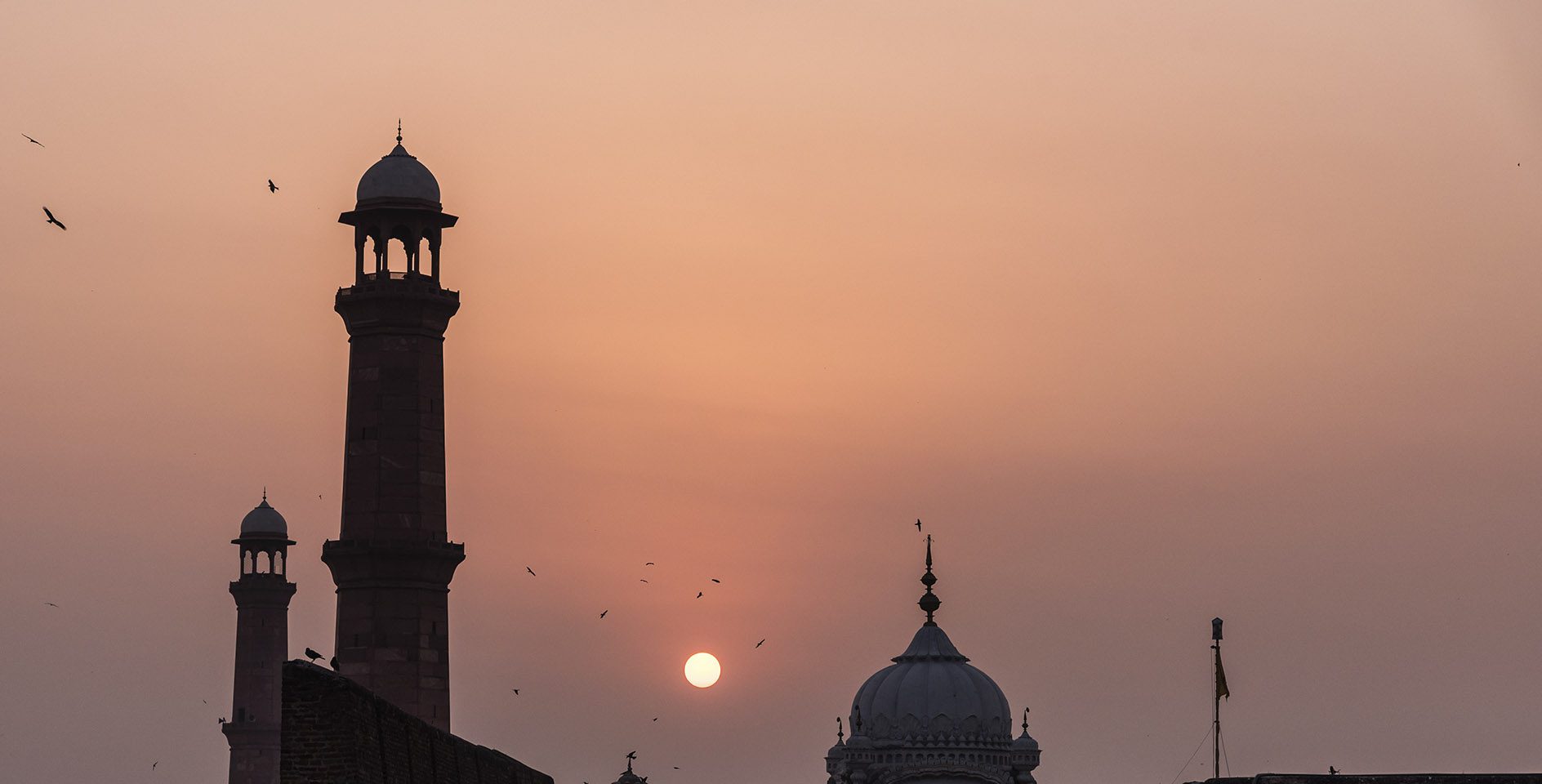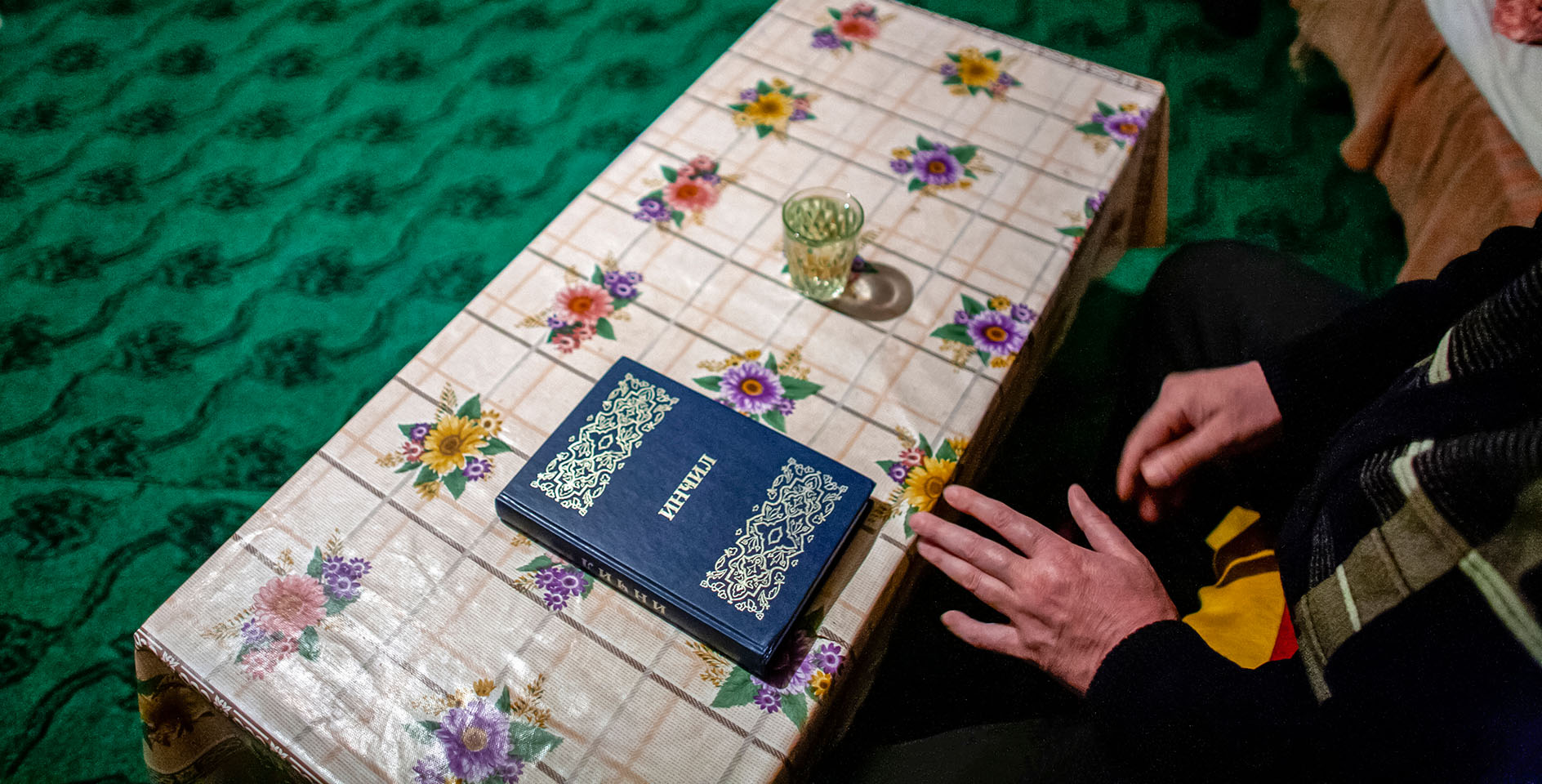Pakistan’s Supreme Court has overturned the death penalty conviction of Asia Bibi, a Pakistani Christian who was “accused of defiling the name of the Prophet Muhammed during an argument with three Muslim women” in 2010.
Who is Asia Bibi?
Asia Bibi is a devout Catholic mother of five from the Punjab region in Pakistan. According to journalist Farahnaz Ispanhani, Bibi, “an illiterate berry picker,” is a victim of the unjust blasphemy laws of Pakistan. Bibi was “accused by her Muslim neighbors who objected to her drinking water from the same glass as them because she was a Christian.” In October 2016, Sarah Zylstra reported for Christianity Today that during Bibi’s argument with the women, she asked, “I believe in my religion and in Jesus Christ, who died on the cross for the sins of mankind. What did your Prophet Muhammed ever do to save mankind?” The question was not tolerated, and Bibi was beaten and thrown into prison under the pretense of a charge of blasphemy. During her imprisonment, Bibi wrote her own account of the story.
Blasphemy laws in Pakistan
As multiple news sources have reported, Bibi is the only woman ever to be sentenced to death in Pakistan for violation of blasphemy laws. In most cases, when a person is accused of blasphemy, they are either killed by mob violence or left for dead in prison because no lawyer will represent them in court due to fear.
The current blasphemy laws in Pakistan originated under the dictatorship of Muhammed Zia ul Haq. Farahnaz Ispanhani notes:
. . . in 1980, making a derogatory remark against any Islamic personage was defined as a crime under Pakistan’s Penal Code Section 295, punishable by three years in prison. In 1982, another clause was added that prescribed life imprisonment for ‘willful desecration of the Quran’ and, in 1986, a separate clause was added to punish blasphemy against Prophet Muhammed with ‘death, or imprisonment for life.’
Any leaders in Pakistan who oppose or seek to change such blasphemy laws have been met with violence and protest. The most significant source of violence and protest against the change of blasphemy laws in Pakistan has come from an Islamic political party called, Tehreek-e-Labbaik Pakistan. Though initially founded by Khadim Hussain Rizvi, the party gained notoriety after the assassination of Salman Taseer, the Governor of Punjab from 2008 to 2011, by Mumtaz Qadri, a Barelvi Muslim who believed that Taseer deserved to die for his support of Bibi. Qadri was eventually tried, convicted, and executed by the Islamabad High Court. According to Sophia Saifi, Chieu Luu, and Susannah Cullinane, Qadri’s execution in 2016 for the murder of Taseer “has been attracting political and religious support through Pakistan.” Such support can be seen with the protest outside of Pakistan’s Supreme Court, where supporters of Tehreek-e-Labbaik Pakistan gathered in recent days to call for Bibi’s execution.
The role of the U.S. Government in cases of international religious liberty
With Asia Bibi’s death sentence being overturned, Pakistani political leaders come to a crossroads regarding the future of blasphemy laws in their country. Opposition to blasphemy laws is often met with harsh and violent resistance from groups like Tehreek-e-Labbaik Pakistan. Just two years after Bibi’s conviction in 2010, Pakistanis saw two prominent politicians assassinated for their support of Bibi and their opposition to the current blasphemy laws. These leaders were willing to die to oppose the injustice and oppression of their country’s laws. The question remains as to whether other leaders will be willing to risk political loss or even physical death to oppose certain aspects of an Islamic theocracy in Pakistan and advocate for aspects of toleration and religious liberty for the religious minorities in their midst.
In particular, many are curious to see how Imran Khan, the newly elected prime minister of Pakistan, will navigate the news of Bibi’s acquittal. While some fear that Khan’s populist campaign inclines him to the agenda of groups like Tehreek-e-Labbaik, others are hopeful that Bibi’s acquittal will give Khan an opportunity to take a strong stance “with the innocent woman instead of the rabid and bloodthirsty extremists.” According to the most recent news reports, it appears that Khan will back the decision of the Supreme Court and align himself against groups like Tehreek-e-Labbaij Pakistan.
With the news of Bibi’s case, the United States Commission on International Religious Freedom (USCIRF) announced that it “welcomes the decision by Pakistan’s Supreme Court to overturn the death sentence handed down in 2010.” USCIRF, as the ERLC has reported in the past, is an “independent, bipartisan government commission created as part of the International Religious Freedom Act of 1998 (IRFA). Since 2002, USCIRF has designated Pakistan as a “country of particular concern” on account of “ongoing, systemic, egregious violations of religious freedom.”
In response to the findings of USCIRF, the commission called for the “use of tools such as the denial of visas and the freezing of assets against the specific individuals who have participated in or have been responsible for severe violations of religious freedom.” Such international pressure, while not publicly admitted by foreign governments, is often useful in curbing threats to international religious liberty. Admittedly, while there is more work to be done in Pakistan, this ruling represents a significant victory for religious freedom. The ERLC is grateful to God for the outcome of this court case.
A way forward, prayerful advocacy for the persecuted church
As Christians reflect on the details of this case, we must remember that not everyone's case ends with acquittal, the way Asia Bibi's did. Many unnamed victims suffer substantial oppression from intolerant governments around the world. Moreover, while we do not hear all of their stories, our Father in heaven sees all, knows all, and call us as his children to care for the “least of these” (Matt. 25:40). How, then, can we care for those who are persecuted?
First, we can pray regularly for their faith and endurance in the midst of hardship. In the case of Asia Bibi, we can pray for the government to protect her and her family as she is released and most likely seeks asylum in another country due to the threats in Pakistan.
Second, we can visit them, support them, and encourage them in partnership with international ministries like the IMB or Open Doors USA.
Third, we can equip our congregations with a global vision of the church of Jesus Christ through education and special emphasis efforts like Global Hunger Relief or International Day of Prayer for the Persecuted Church.
Finally, we can learn more about the efforts of USCIRF [here and here] and call upon our elected officials in the United States to continue their support of such bipartisan efforts for international religious liberty.










